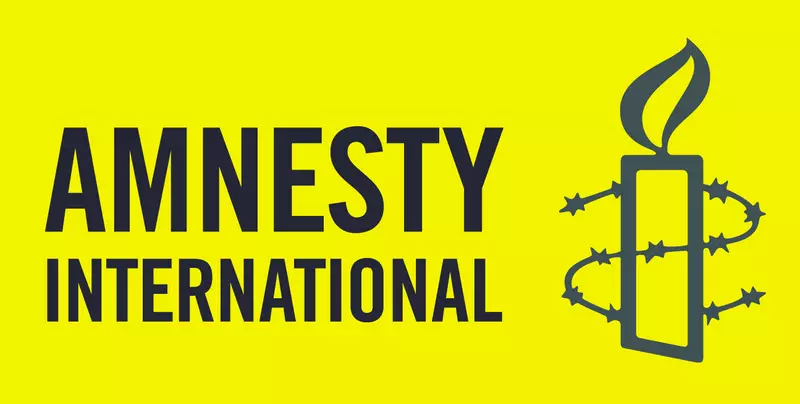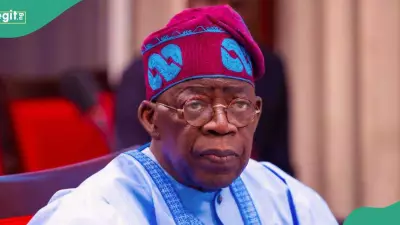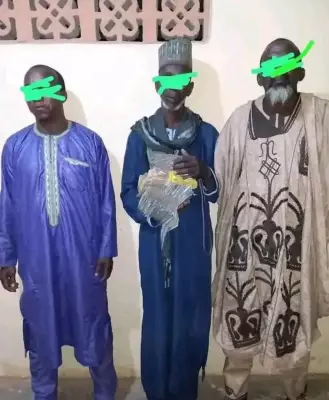
In a powerful move to combat escalating human rights violations across Nigeria, Amnesty International has issued a compelling call to action for the nation's journalists. The renowned human rights organization is rallying media professionals to amplify their coverage of rights abuses through specialized training and enhanced protection measures.
Strengthening the Watchdogs
During an intensive two-day capacity-building workshop in Abuja, Amnesty International Nigeria's Director, Isah Sanusi, delivered a stirring address to journalists from various media houses. "The alarming rise in human rights abuses demands that journalists become more vigilant than ever," Sanusi emphasized. "You are not just reporters—you are the frontline defenders of truth and justice in our society."
Digital Safety in Dangerous Times
The training program focused heavily on digital security—a critical concern for journalists investigating sensitive human rights cases. Participants learned essential skills including:
- Secure communication methods to protect sources
- Digital footprint management and online privacy
- Protection against surveillance and cyber threats
- Encrypted tools for safe information sharing
Investigative Techniques for Human Rights Reporting
Beyond digital safety, the workshop equipped journalists with advanced investigative methodologies specifically tailored for human rights coverage. These included:
- Documenting evidence of abuses while maintaining safety
- Interviewing traumatized victims with sensitivity and ethics
- Verifying user-generated content from conflict zones
- Building trust with vulnerable communities
The Rising Tide of Abuses
Sanusi highlighted several concerning trends driving the need for enhanced journalistic vigilance. "We're witnessing unprecedented levels of forced evictions, unlawful killings, and arbitrary detentions across multiple states," he revealed. "Without robust media coverage, these violations would continue in darkness, and perpetrators would operate with impunity."
A Collective Responsibility
The Amnesty International director stressed that protecting human rights isn't solely the responsibility of organizations like his. "Every journalist who exposes an abuse, every editor who prioritizes a rights story, and every media house that stands by their reporters contributes to this crucial fight," Sanusi stated.
He called for greater solidarity within the media industry, urging established journalists to mentor younger colleagues and media organizations to provide better institutional support for those covering dangerous assignments.
Building Resilience and Resolve
The workshop concluded with participants developing action plans for implementing their new skills in newsrooms across Nigeria. Many expressed renewed determination to pursue human rights stories despite the challenges and risks involved.
"This training has equipped us not just with technical skills, but with the moral courage needed for this work," shared one participating journalist. "We're returning to our newsrooms better prepared to shine light where darkness prevails."
As human rights concerns continue to mount across Nigeria, this initiative represents a significant step toward strengthening the country's media as a bulwark against injustice and a powerful voice for the voiceless.





